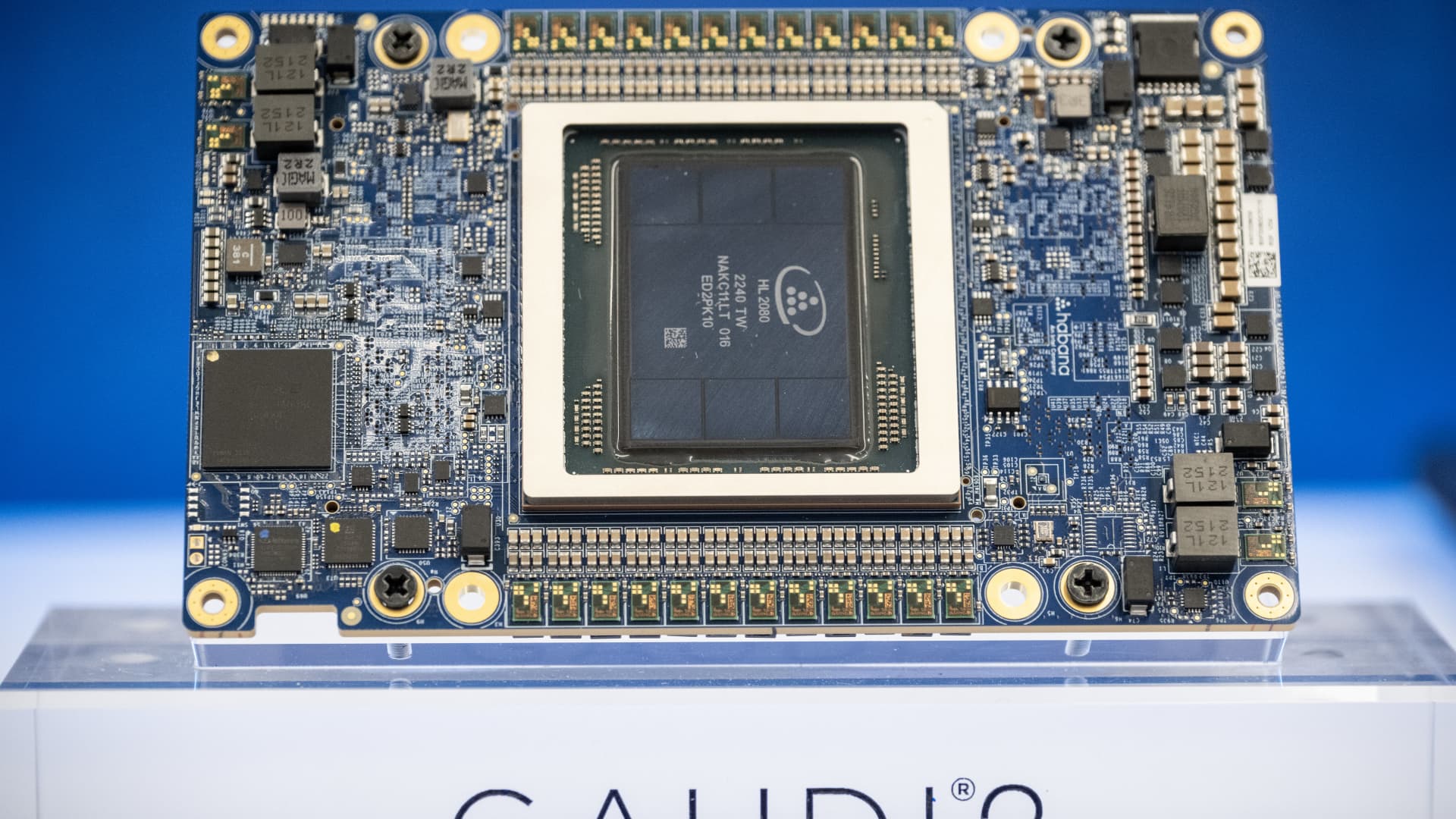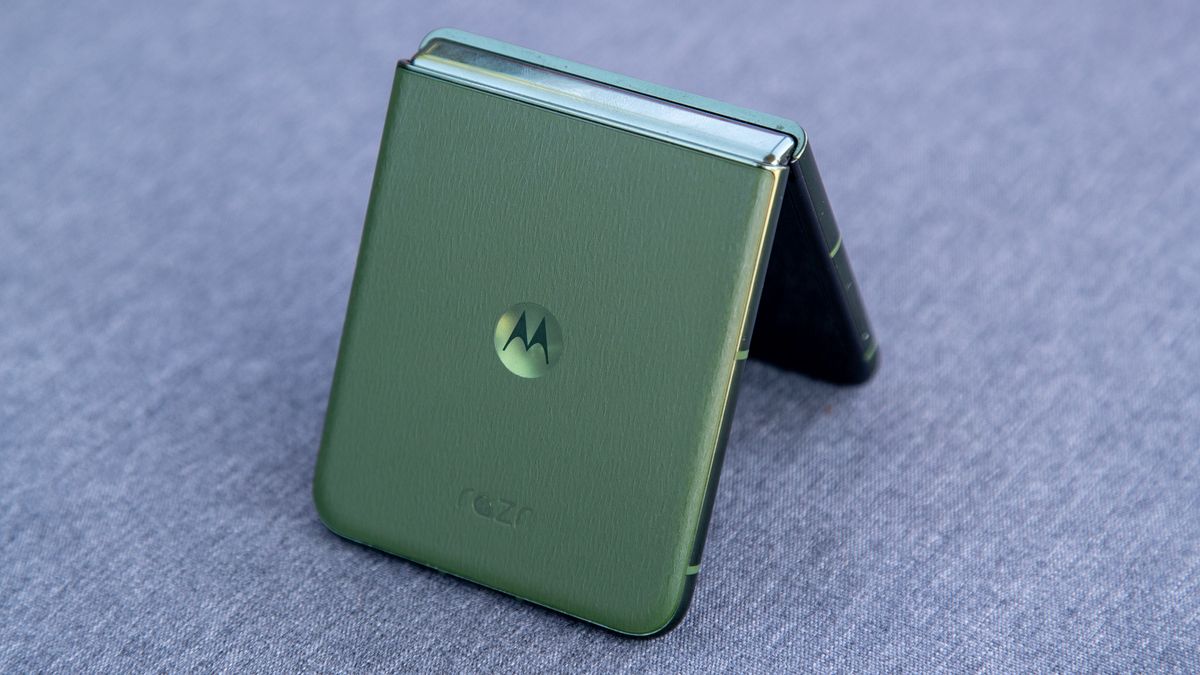The launch of Intel ‘s latest artificial intelligence chip is expected to benefit three global semiconductor companies, according to Morgan Stanley. Intel unveiled its third-generation AI accelerator, Gaudi 3 , earlier this month. The semiconductor giant said the latest chip is twice as power-efficient and can run AI models one-and-a-half times faster than Nvidia’s H100 GPU – the flagship product from the current AI chip market leader. Intel says the high demand for AI chips means that major original equipment manufacturers like Dell , Hewlett Packard Enterprise , Lenovo , and Supermicro have already announced the adoption of Gaudi 3. Supply constraints in the past have meant Intel has struggled to turn its order backlog into confirmed sales, but Morgan Stanley believes these issues will be resolved from the second half of 2024 onwards. In a research note Monday, the Wall Street bank said Taiwanese companies TSMC , Alchip , and Wistron are likely to be the biggest beneficiaries of the demand for Intel’s Gaudi chips. Shares of all three companies are also traded in the United States. The fabrication of Gaudi 3 chips will be handled by TSMC using its latest-generation 5-nanometer process, while Alchip is expected to be the key beneficiary in the semiconductor supply chain by providing design services for both Gaudi 2 and Gaudi 3. Wistron is expected to be the main baseboard supplier. “According to our supply chain checks, the total Gaudi shipment volume (including 2 and 3) could be as high as 300-400k units in 2025 (implying US $2-3bn revenue to Intel) if TSMC can provide sufficient CoWoS capacity,” said Morgan Stanley’s analysts led by Charlie Chan in a note to clients on Apr. 22. The investment bank’s forecast is based on its survey of the semiconductor supply chain, and suggests that other major cloud companies like Amazon , Microsoft and Google are also interested in adopting Gaudi chips. In its note, Morgan Stanley reiterated its overweight rating on Alchip and TSMC, considering them long-term winners of AI semiconductor demand. The analysts are overweight on Wistron too, noting that Nvidia’s new Blackwell GB200 AI chip will also drive immediate growth for the Taiwanese electronics manufacturer. — CNBC’s Michael Bloom contributed reporting.
This website uses cookies so that we can provide you with the best user experience possible. Cookie information is stored in your browser and performs functions such as recognising you when you return to our website and helping our team to understand which sections of the website you find most interesting and useful.




















Discussion about this post